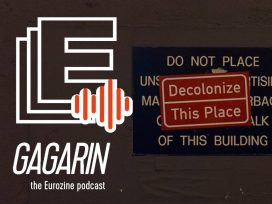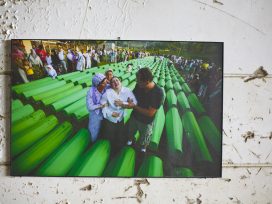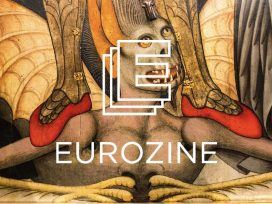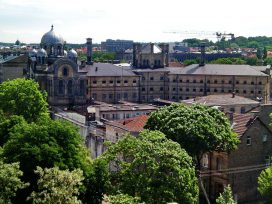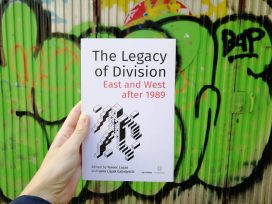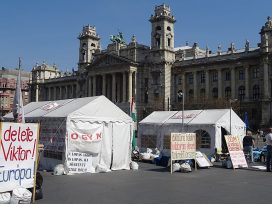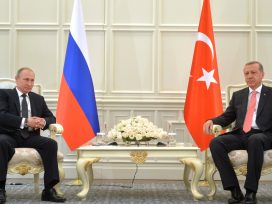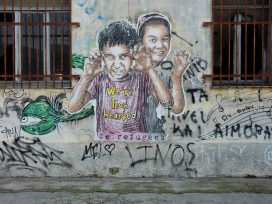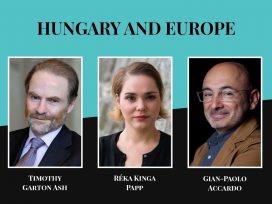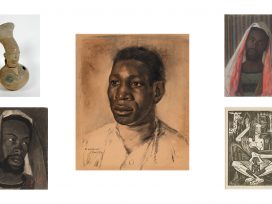
Bottom drawer
Let’s respect our foremothers: new focal point
Traditionally, young women used to be presented with goods as a send off into adult life. Today’s bottom drawers aren’t necessarily tied to marriage, nor are they strictly material. Yet, the bundle one leaves the house with is as important now as ever. In this focal point, we take stock of the notions our foremothers presented us with: women’s ideas and achievements that define our understanding of power, gender and violence, bodies, identity and agency.


